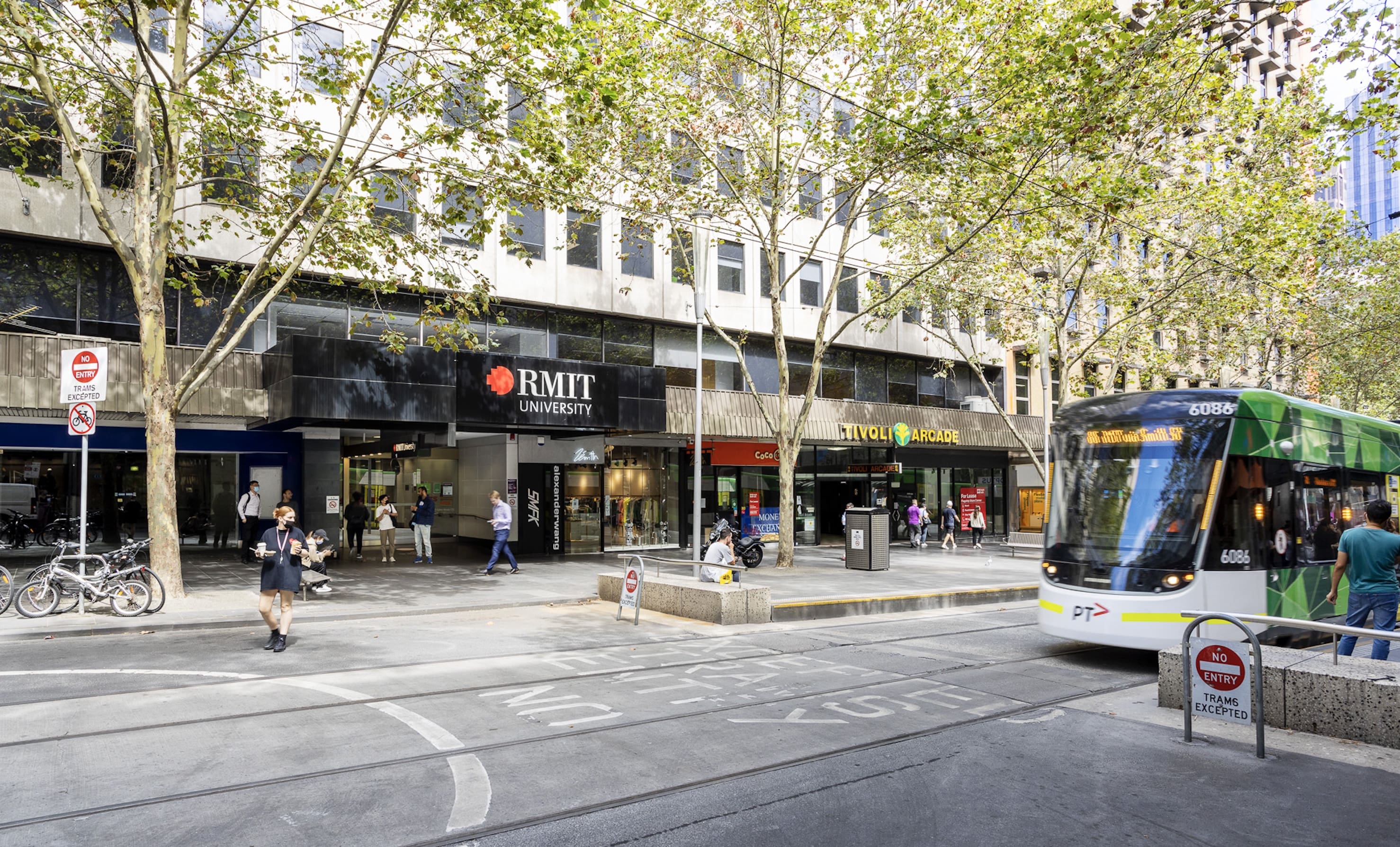Staff at the Royal Melbourne Institute of Technology (RMIT) Training branch have voted to decline the University’s offer of a non-union enterprise agreement, as staff members across RMIT prepare to strike on Wednesday 13 September.
RMIT Training is a subsidiary of RMIT that caters largely to international students, providing English Language testing, training, literacy and numeracy skills to improve access to future study at RMIT. According to the National Tertiary Education Union (NTEU) branch at RMIT Training, the offer provided to staff members promised “low wages and excessive workloads”.
RMIT management’s offer specified a 3.5% increase in wages per year: not only below Australia’s current inflation rate of 7%, but below other providers in the university sector. The offer of 13% superannuation by 2027 is below the superannuation provided to every other employee at RMIT.
RMIT has also not offered any change in workload, and is limiting personal or parental leave to ten days per year. Their commitment to First Nations people’s employment rights is also founded on the development of a “committee to plan future employment,” rather than any concrete targets.
The National Tertiary Education Union (NTEU) branch at RMIT Training is bargaining for a 5% wage increase per year, 17% superannuation by 2026, a “workload monitoring committee for teachers” which has the power to change workloads, 15 days of personal or parental leave per year, and a fixed target of employment numbers for First Nations people by 2026.
This follows two years of zero increase in wages or superannuation for RMIT Training staff, notable amidst the fallout of the COVID pandemic and a cost of living crisis.
The NTEU’s RMIT Training branch told Honi that the last enterprise agreement for staff at RMIT Training expired in 2019, and management chose not to re-negotiate it until 2023.
“After a number of bargaining meetings, in which RMIT maintained they had no additional budget to offer more or to change workload conditions, the management of RMIT Training put an offer to staff which was below what the NTEU was bargaining for and below what other employees at RMIT were currently getting,” they said.
The NTEU clarified that there is “no need for a separate agreement for these staff — they are teachers and educational professionals. Just like other RMIT employees, they should have equal superannuation and conditions.”
At this stage, the exact results of the ballot have not been released. The NTEU’s RMIT Training branch intends to continue bargaining for staff employment rights.





